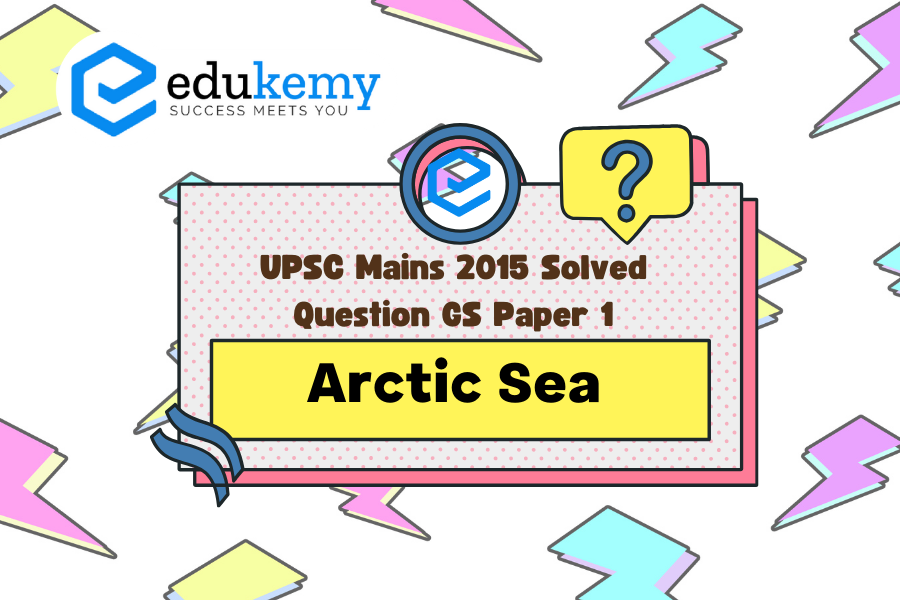
The discovery of oil in the Arctic Sea holds profound economic implications with far-reaching consequences for both global markets and regional development. As the Arctic region harbors substantial untapped oil reserves, the extraction and exploitation of these resources could usher in a new era of economic prosperity for nations involved in Arctic exploration. The economic significance lies not only in the potential for increased energy production but also in the strategic positioning of these reserves, which can alter the geopolitical landscape by reshaping energy trade routes and influencing international relations. However, alongside the economic promise, the extraction of oil in the Arctic poses a grave environmental threat. The pristine Arctic ecosystem, characterized by its unique biodiversity and fragile ecosystems, is susceptible to irreversible damage from oil spills and the overall disruption caused by industrial activities. The consequences of an oil-related environmental catastrophe would extend beyond the Arctic region, impacting global climate patterns and exacerbating the already pressing concerns surrounding climate change. Therefore, understanding the economic importance of Arctic oil discovery necessitates a balanced assessment that weighs potential economic gains against the imperative to safeguard the fragile Arctic environment.
Tag: Distribution of key natural resources across the world.
Contents
Decoding the Question:
- In the Introduction, try to begin with the discovery of oil in the Arctic region and give some supporting data.
- In Body, discuss
- About the economic effect.
- It has environmental consequences.
- Briefly on areas of focus.
- Conclude the answer with some recent developments and SDG outlook.

Answer:
The Arctic’s vast reservoirs of fossil fuel, fish, and minerals, including rare earth materials, are now accessible for a longer period. But unlike Antarctica, which is protected from exploitation by the Antarctic Treaty framed during the Cold War and is not subject to territorial claims by any country.
Of the eight Arctic nations—Russia, Sweden, Norway, Iceland, Denmark (Greenland), Finland, Canada, and the US—several have explored the Arctic waters and found over 400 oil fields with proven reserves of around 240 billion barrels of crude oil and natural gas. This is about 10 percent of the world’s known hydrocarbon reserves. They have also discovered significant deposits of various minerals on the seabed.

The economic significance of the discovery of oil:
- There will be an abundance of cheap Increased global growth potential as a result of more affordable energy.
- Reduced reliance on the Middle East region (Gulf nations), altering the global community’s geopolitical and economic relationships.
- Increased investment and job creation through new oil well drilling and the establishment of necessary backward and forward linkages.
- The commercial fishing industry in this region would also develop more quickly with the new infrastructure.
- Boost the domestic and global economies, with positive spillover effects on other sectors of the economy, increasing GDP.
- Because these reserves are offshore, exploration is more accessible and less expensive, though the climate is a major challenge.
Possible environmental consequences:
- Permafrost in this region acts as a carbon sink. Greenhouse gases trapped within them are potent, and when released through drilling, they have the potential to accelerate global warming.
- Increased carbon emissions from drilling in a fragile ecosystem can throw the ecosystem off balance.
- The danger of an oil spill and the inability to clean it up. The region’s cold and inaccessibility make disaster response extremely difficult. Furthermore, a lack of sunlight results in a slower rate of degradation and a longer duration of any incident/accident.
- Ecosystem disruption can harm the region’s vulnerable ecology.
- Increased ice melting as a result of drilling. Drilling pollution can have an impact on local life forms.
Area of focus within water and environment, the areas we need to explore further include:
- Combined effects of stress from climate change and pollution from oil
- Cumulative effects from other kinds of pollution and potential oil spills
- Better and more effective oil spill response technologies
- Proper research, risk assessment, innovation & regulation are mandatory
European Union’s project Arctic Climate Change, Economy and Society (ACCESS) carried out a transdisciplinary assessment of the physical impacts of climate change on the Arctic Ocean and the resulting socio-economic impacts within the Arctic region focussing on key economic activities: shipping, tourism, seafood production and natural resource extraction up to 2050. Oil and gas exploitation in the Arctic region is by no means Debating the issue of whether s a new development but to achieve Sustainable Development Goals we must use this opportunity judiciously.
In case you still have your doubts, contact us on 9811333901.
For UPSC Prelims Resources, Click here
For Daily Updates and Study Material:
Join our Telegram Channel – Edukemy for IAS
- 1. Learn through Videos – here
- 2. Be Exam Ready by Practicing Daily MCQs – here
- 3. Daily Newsletter – Get all your Current Affairs Covered – here
- 4. Mains Answer Writing Practice – here

